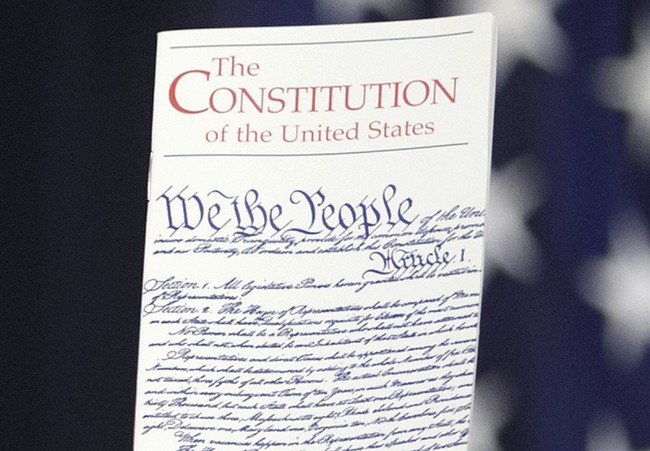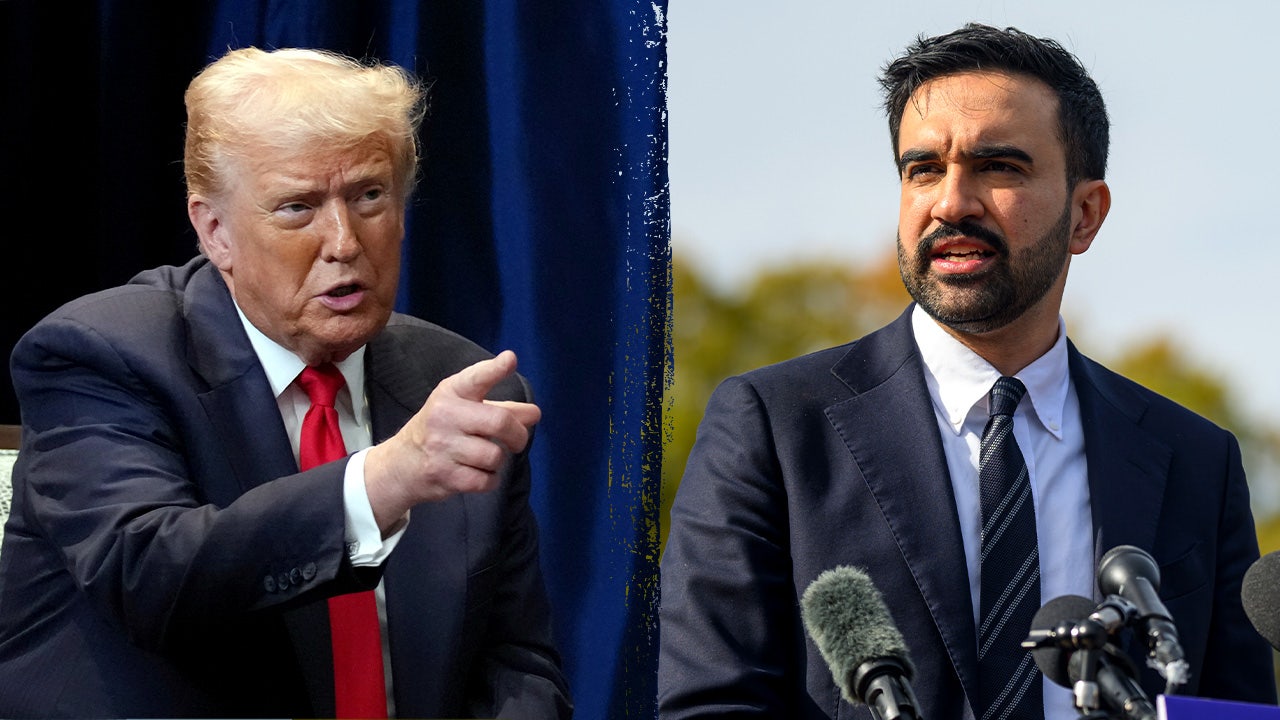While federal immigration officials work around the clock to deport foreigners out of the United States these days, some law enforcement agents in Texas are scrambling to keep one Chinese national here after he allegedly stole proprietary cancer research with plans to take it back to his homeland.
Yunhai Li, a post-doctoral researcher, joined the University of Texas MD Anderson Cancer Center in Houston in 2022. According to KTRK, Li claimed in a signed legal statement that he had been working on a vaccine to keep breast cancer from metastasizing.
‘There was a pretty good chance that he was going to get deported or leave the country, so we needed to file something.’
Li was in the U.S. on a research exchange scholar visa issued by the State Department. Moreover, much of his research was funded by federal entities like the Department of Defense and the National Institute of Health, and as a recipient of federal funding, Li signed documents promising to abide by confidentiality agreements and data storage and sharing restrictions, KTRK reported.
Toward the end of his research, Li uploaded about 90 GB of research data to his personal Google drive, his statement said, according to the outlet. After MD Anderson officials approached him about the uploaded data, he deleted it, offering proof that he had done so. However, according to KRIV, Li also allegedly uploaded the data to the Chinese server Baidu.
Li had also continued to receive funding from the National Natural Science Foundation of China and maintained his employment at the First Affiliated Hospital of Chongqing Medical University during his time in America without disclosing that information to MD Anderson, documents said, according to KRIV. The forms Li signed to receive federal U.S. funding make plain that such conflicts of interest are forbidden.
RELATED: University of Michigan now under fire after Chinese scholars allegedly smuggle bio-weapon
FreshSplash/Getty Images
On July 1, Li resigned from MD Anderson. Eight days later, he attempted to board a plane at Bush Airport, headed for China.
While he was at the airport, federal agents with Customs and Border Protection and Homeland Security Investigations examined his devices, where they discovered “unpublished research data and articles representing trade secrets, including material-restricted confidential research data, writings, drawings, and models,” according to documents cited by KRIV.
According to reports, Li did not seem to deny the allegations. Instead, he reportedly indicated to investigators that he is entitled to the data he allegedly intended to exfiltrate to China.
That data “is a product of my efforts over the last three years. I believe I have a right to possess and retain this data,” he wrote in the signed statement, according to KTRK. He also stated that he feared the data was “going to waste.”
RELATED: Chinese nationals on student visas allegedly ripped off elderly Americans in nasty scheme

For now, Li reportedly faces state charges of theft of trade secrets and tampering with a government record, though federal prosecutors are looking into his case as well. If convicted on the charge of theft of trade secrets alone, he could spend up to 10 years behind bars and pay a fine of up to $10,000.
“There was a pretty good chance that he was going to get deported or leave the country, so we needed to file something,” Harris County District Attorney Sean Teare told KRIV. “We needed to make sure that he was going to stay here, the information was going to stay here, and he was going to be held accountable.”
Li paid the $5,100 bail and bonded out of custody on Monday. He had to surrender his passport as a condition of his release.
Li’s attorney did not respond to a request for comment from KRIV.
‘We are constantly working to find ways to improve our screening and vetting processes.’
Li is not the only Chinese former MD Anderson researcher accused of attempting to steal sensitive data. Back in 2019, the hospital fired three Chinese employees on suspicion that they had attempted a similar data heist, KRIV reported.
With such a troubling track record regarding Chinese researchers, Blaze News wanted to know what steps MD Anderson has taken recently to vet foreign applicants more thoroughly and prevent similar problems in the future.
The hospital did not respond to our questions about vetting or whether any patient data had been compromised in connection with these cases, but it did provide the following statement: “As of July 1, 2025, Yunhai Li is no longer employed by the University of Texas MD Anderson Cancer Center. Institutional leaders are working with relevant authorities on this matter.”
A spokesperson for the State Department declined to comment on any particular case, but did suggest that under the Trump administration, visa applicants would “be screened and vetted to the maximum extent possible to ensure they will respect the terms of their admission to the United States.”
“The Trump administration is focused on protecting our nation and our citizens by upholding the highest standards of national security and public safety through our visa process,” the spokesperson told Blaze News.
“We are constantly working to find ways to improve our screening and vetting processes and to support legitimate travel to the United States while protecting U.S. citizens.”
Like Blaze News? Bypass the censors, sign up for our newsletters, and get stories like this direct to your inbox. Sign up here!
Read the full article here







![Trump Blasts Chicago’s ‘Low IQ’ Mayor as Teens Riot and Police Are Attacked [WATCH] Trump Blasts Chicago’s ‘Low IQ’ Mayor as Teens Riot and Police Are Attacked [WATCH]](https://www.rvmnews.com/wp-content/uploads/2024/12/2024.12.03-07.23-rvmnews-674f5a9c9bdc6.jpg)




![Minneapolis Police Chief Apologizes After Blaming Crime on ‘East African Kids’ [WATCH] Minneapolis Police Chief Apologizes After Blaming Crime on ‘East African Kids’ [WATCH]](https://www.lifezette.com/wp-content/uploads/2025/11/2025.11.23-11.50-lifezette-6922f4f537fb8.jpg)